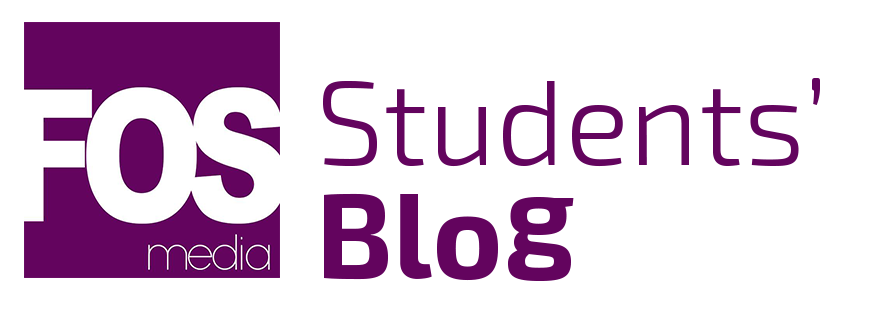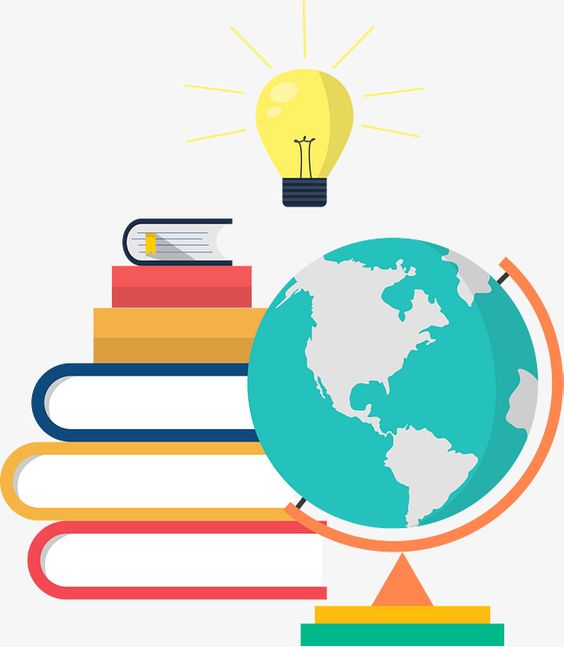“To acquire literacy is more than to psychologically and mechanically dominate reading and writing techniques. It is to dominate those techniques in terms of consciousness; to understand what one reads and to write what one understands: it is to communicate graphically. Acquiring literacy does not involve memorising sentences, words or syllables – lifeless objects unconnected to an existential universe – but rather an attitude of creation and re-creation, a self-transformation producing a stance of intervention in one’s context.”
– Paulo Freire
At any given moment in time, the world encounters numerous issues. Whether it be climate change, inequality or pandemics, there is one issue that we have continuously faced for decades and continue to face today that barely gets anyone’s attention. It was estimated in 2022 that more than 770 million people globally still cannot read or write. In the aftermath of the Covid-19 pandemic, the number of children and youth who may never return to formal education was evaluated to be over 20 million.
With the advancements in technology and science, global literacy has become a much more highlighted issue. Therefore the necessary action is being taken to provide all individuals with equal opportunities. So what is literacy? Why is literacy important and how does it affect the world? What is being done to promote literacy?
While the literacy rate varies between countries and continents, it is no secret that the literacy of the world as a whole has increased greatly when compared with the last couple of centuries. Historically, literacy was restricted to those who were powerful, wealthy and of significant influence. Today, however, literacy is an essential skill in navigating life.
In the ever-changing world, the definition of literacy also changes appropriately. There is no universal definition for the term literacy; however, the widely accepted definition of literacy was coined by the UNESCO in 2005,
“Literacy is the ability to identify, understand, interpret, create, communicate and compute, using printed and written materials associated with various contexts. Literacy involves a continuum of learning in enabling individuals to achieve his or her goals, develop his or her knowledge and potential, and participate fully in community and wider society.”
UNESCO 2005
Education is a human right and literacy is a major component of education as a human right. The importance of literacy includes individual development, economic development and it also aids in the development of society. As the literacy of a population increases, they will be empowered to take a step further. As an outcome, there will be an increased participation in labour markets, which will reduce the unemployment rates and decrease poverty while increasing the living standards. Furthermore, active members of community and society will be created who are willing to advocate for themselves and for human rights.
A healthier society will be formed as literacy is essential in in maintaining one’s health, whether it is having the adequate knowledge to understand and interpret health information, or communicating more precisely with health professionals to access suitable health services. It is also important for individuals to be capable of expanding their knowledge on the latest technologies, trends and even learn new skills to find better opportunities for themselves. Literacy lends a helping hand to evolve successfully in a rapidly changing world.
International Literacy Day is celebrated on the 8th of September annually, since 1967, to raise awareness regarding the importance of literacy and to create a more literate society for a better tomorrow. Governments, organizations such as UNESCO and even various institutions and leaders contribute in the promotion of literacy among youth and adults each year. It is crucial that there will be an improvement in the global literacy to eradicate the most pressing issues such as increase in crime rates, social injustices and even gender inequality. Each and every individual should be given the opportunity to gain and improve their literacy skills in order to create empowered individuals who will advocate and lead the world of tomorrow.
Written by: Dilki Fonseka
References
- https://www.unesco.org/en/days/literacy-day
- https://www.unesco.org/en/education/literacy/need-know
- https://ourworldindata.org/literacy
- https://projectliteracy.ca/about/the-importance-of-literacy/
- https://lit-together.org/why-literacy/importance-of-literacy/
- https://unesdoc.unesco.org/ark:/48223/pf0000247563
Image Courtesies
- Featured Image: https://bit.ly/3fleFGg
- Content Image 1:https://bit.ly/3DQndzi
- Content Image 2: https://bit.ly/3SwqV55
- Content Image 3: https://bit.ly/3DQRJJd
- Content Image 4: https://bit.ly/3SuluDS
- Content Image 5: https://bit.ly/3fjFtXD
- Content Image 6: https://bit.ly/3r5yc07







